The greatest threat to corporate Intellectual Property (IP) and compliance today is not external hacking, it is internal Shadow AI. This occurs when employees copy sensitive, proprietary, or regulated data from a company document and paste it into an unsanctioned, public Large Language Model (LLM) or generative AI chatbot.
The data is then out of your control, breaching IP protections, compliance standards (like HIPAA/GDPR), and client confidentiality.
This threat carries a severe financial penalty. According to the IBM Cost of a Data Breach Report 2025, security incidents involving Shadow AI added an average of $670,000 to the cost of a data breach, compared to those with low or no Shadow AI.
The only way to counter this is through data containment. IT departments must implement a virtual workspace that legally and physically stops employees from using unapproved AI services, forcing them to use only the secure, company-supplied tools.
Section 1: Shutting Down External Leaks
The core of the Shadow AI problem is the clipboard and network egress. As long as a user can copy data from a secure corporate application and paste it into an external browser tab or upload it to a public server, data leakage remains inevitable.
VDI Features that Enforce Compliance
A secure Virtual Desktop Infrastructure (VDI) solution is the only system that can enforce these digital boundaries because the entire session is hosted centrally. The user’s endpoint device (PC, tablet, etc.) only receives a streamed image, allowing IT to disable the transfer mechanisms:
| Architectural Feature | Action to Prevent Shadow AI | Rationale (IP & Security) |
| Clipboard Redirection Control | IT disables or limits the cut and paste function between the virtual desktop session and the local host machine. | Stops the most common vector for pasting source code or PII into public AI chatbots. |
| Local Device/USB Redirection | IT disables USB access and local drive mapping for the user session. | Prevents bulk export of proprietary files before they can be uploaded to external services. |
| Enterprise Secure Gateway | Acts as the only entry/exit point for the virtual session, replacing vulnerable VPNs. | Centralized Control: Allows granular network policies to block traffic to known external AI domains if necessary. |
| Zero Trust Policy | Granular user access control ensures a user can only access the approved applications required for their role including internally approved AI tools that are delivered as part of the VDI solution | Limits Surface Area: Reduces the chance of accidental or deliberate data movement by restricting available tools. |
Section 2: Agility: Providing a Secure, Approved Alternative
The ultimate success factor is enabling productivity through security. The company must supply its own secure, governed AI tools to prevent the motivation for seeking external services. This requires an agile platform that can deploy new technology rapidly.
Deploying Secure AI Faster than the Threat
Deploying new, secure internal AI tools (which are often specialized Linux environments with GPU support) can be complex and slow on traditional infrastructure. This delay pushes employees to external tools.
An Agnostic Platform for Speed: An agnostic VDI platform ensures that IT can provision new, specialized virtual apps and desktops on the fastest, most cost-effective infrastructure available, be it the existing major hypervisor, or cost-effective one like ProxmoxVE or Verge.io. This vendor independence eliminates deployment delays and allows IT to rapidly roll out the sanctioned tools the business needs, eliminating the need for users to seek shadow solutions. Inuvika OVD Enterprise is built on Linux. With so many AI tools also being Linux based, the expertise of Inuvika with Linux based apps is unmatched by other VDI competitors.
The Concurrent Licensing Advantage
Using a concurrent user licensing model makes it cost effective. It allows the organization to affordably license a single, powerful tool for a large number of employees (students, contractors, shift workers) without paying for named users, making it financially viable to purchase and deploy the most secure, enterprise-grade AI applications needed to replace public tools.
Section 3: The Productivity Mandate: Approved Access on Any Device
To maintain the policy of “approved tools only,” the secure environment must be accessible everywhere the employee works, or the employee will inevitably break the rules.
Universal Access Enforces Compliance: Shadow AI risk is highest in BYOD (Bring Your Own Device) environments where corporate data mixes with personal apps. Inuvika OVD Enterprise provides cross-platform compatibility, streaming the secure session to any device, Windows, macOS, Linux, Chromebook, iOS, or Android. It can ensure that no data moves from the virtual environment to the employee device. Another way to limit what employees can do with data is to issue them low cost thin clients that only have access to their VDI desktop. Solutions like ResoluteOS , that are purpose built for this, can completely lock-down the session.
- Result: Users have no ability to move corporate data to a personal device nor to seek external services, because their approved, secure application is instantly available on their personal device via the browser.
By combining the forced data containment measures of VDI (disabling cut/paste) with the agility to supply secure, approved tools, the organization achieves the ultimate governance goal: 100% control over its IP and compliance.
Conclusion: Stop Shadow AI with Proper Controls
The financial and legal consequences of Shadow AI, highlighted by the $670,000 added cost per breach (IBM), make a passive approach obsolete. True protection requires architecture that actively prevents data exfiltration.
By deploying a centralized VDI solution that enforces security policies like disabling copy/paste and utilizes a cost-effective concurrent user model to license secure internal AI tools, organizations gain total control over their IP.
To learn how to enforce data containment and ensure 100% use of only approved applications, explore a free trial of Inuvika OVD Enterprise today.

